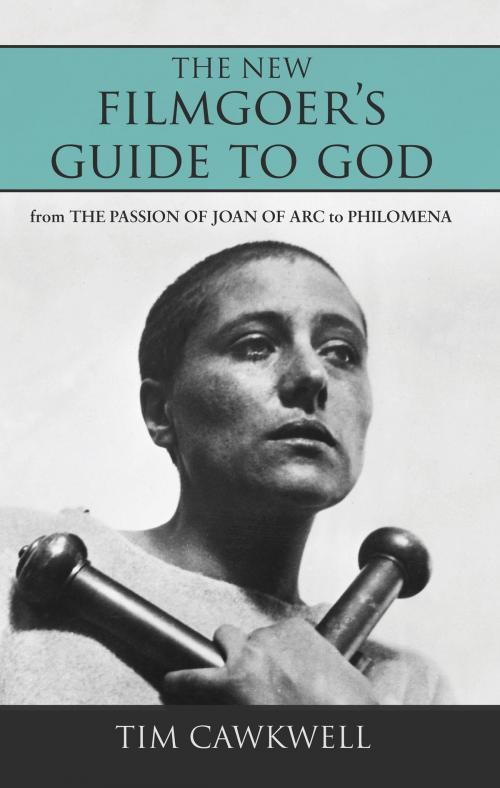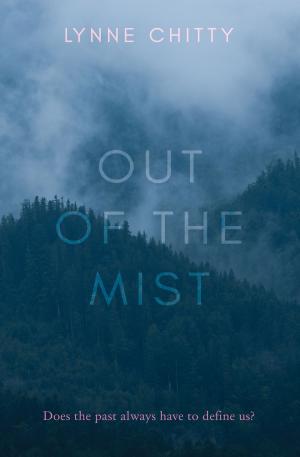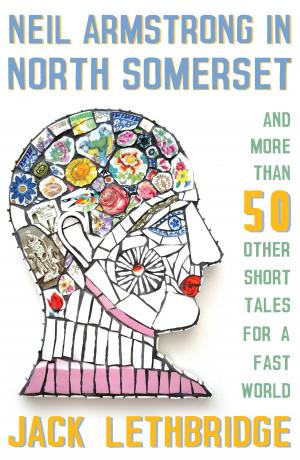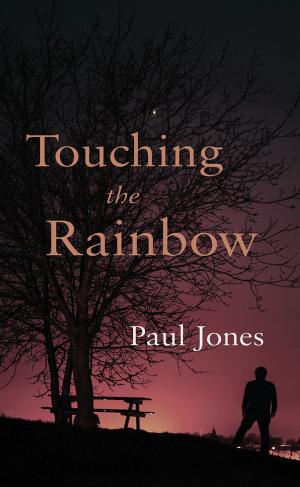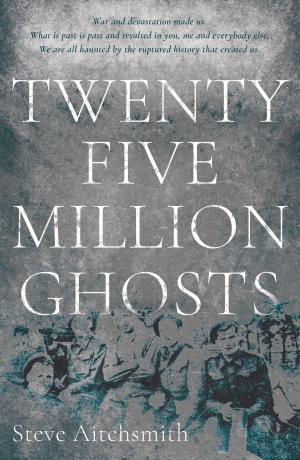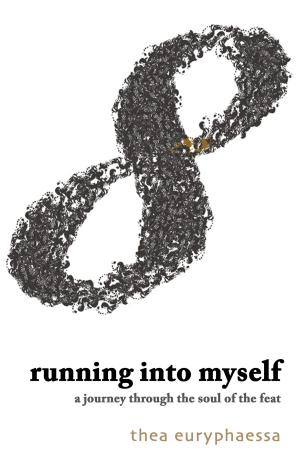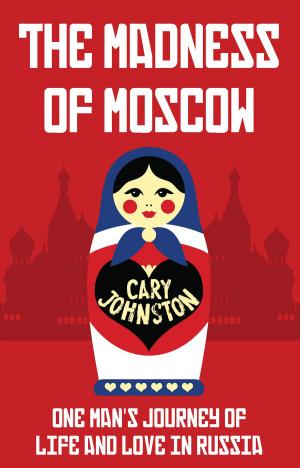The New Filmgoer's Guide to God
From The Passion of Joan of Arc to Philomena
Nonfiction, Religion & Spirituality, Christianity, Christian Literature, Entertainment, Performing Arts| Author: | Tim Cawkwell | ISBN: | 9781783066674 |
| Publisher: | Troubador Publishing Ltd | Publication: | May 28, 2014 |
| Imprint: | Matador | Language: | English |
| Author: | Tim Cawkwell |
| ISBN: | 9781783066674 |
| Publisher: | Troubador Publishing Ltd |
| Publication: | May 28, 2014 |
| Imprint: | Matador |
| Language: | English |
Tim Cawkwell’s knowledge and experience of the cinema has been poured into his writings about it. Originally published in 2004, this new edition sees some substantial revisions: some previous material has been dropped and a lot of new material has been added, especially on more recent films. The whole text has been very significantly reshaped with the addition of images to support Tim’s writing. Dozens of films are referred to in this book, which finds new insights into the variety of religious narratives that different countries have produced. Those receiving more in-depth consideration include such masterpieces as The Passion of Joan of Arc, Rome Open City, Diary of a Country Priest, Winter Light, The Gospel According to St Matthew, Three Colours: Red, O Brother Where Art Thou?, Night Of The Hunter, The Funeral, The Samurai, A Man Escaped, In The Fog, The Word, Babette’s Feast, Silent Light, Andrei Roublev, The Colour of Pomegranates, Mother and Son, It’s a Wonderful Life, The Searchers, Hail Mary, The Banishment, Dead Man Walking, Tree of Life, Into Great Silence, A Canterbury Tale and Philomena. The aim of this new edition is both to explore the way religious narrative has produced a number of masterpieces from such major film-makers as Bresson, Dreyer, Rossellini, Tarkovsky and Kieślowski, but also to reflect on the way the core ideas of Christianity such as salvation, martyrdom and redemption continue to surface in films. Tim also explores the way that a cultural shift towards doubt about the value of religion and even hostility towards Christianity itself has revealed itself in films. Tim describes the way the different denominational contexts of Christianity such as Catholicism, Lutheranism and Orthodoxy differentiate films coming out of those contexts and considerably enrich the whole picture. The book pays particular attention to the way films are conceived and created with a view to illuminating their virtues as a visual medium. It is written in a sinewy but clear style and commends itself to anyone interested in the history of the cinema and in cultural changes since the Second World War.
Tim Cawkwell’s knowledge and experience of the cinema has been poured into his writings about it. Originally published in 2004, this new edition sees some substantial revisions: some previous material has been dropped and a lot of new material has been added, especially on more recent films. The whole text has been very significantly reshaped with the addition of images to support Tim’s writing. Dozens of films are referred to in this book, which finds new insights into the variety of religious narratives that different countries have produced. Those receiving more in-depth consideration include such masterpieces as The Passion of Joan of Arc, Rome Open City, Diary of a Country Priest, Winter Light, The Gospel According to St Matthew, Three Colours: Red, O Brother Where Art Thou?, Night Of The Hunter, The Funeral, The Samurai, A Man Escaped, In The Fog, The Word, Babette’s Feast, Silent Light, Andrei Roublev, The Colour of Pomegranates, Mother and Son, It’s a Wonderful Life, The Searchers, Hail Mary, The Banishment, Dead Man Walking, Tree of Life, Into Great Silence, A Canterbury Tale and Philomena. The aim of this new edition is both to explore the way religious narrative has produced a number of masterpieces from such major film-makers as Bresson, Dreyer, Rossellini, Tarkovsky and Kieślowski, but also to reflect on the way the core ideas of Christianity such as salvation, martyrdom and redemption continue to surface in films. Tim also explores the way that a cultural shift towards doubt about the value of religion and even hostility towards Christianity itself has revealed itself in films. Tim describes the way the different denominational contexts of Christianity such as Catholicism, Lutheranism and Orthodoxy differentiate films coming out of those contexts and considerably enrich the whole picture. The book pays particular attention to the way films are conceived and created with a view to illuminating their virtues as a visual medium. It is written in a sinewy but clear style and commends itself to anyone interested in the history of the cinema and in cultural changes since the Second World War.
